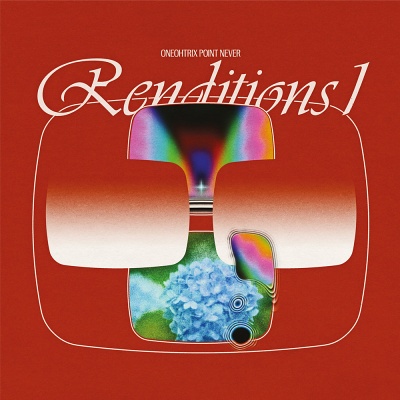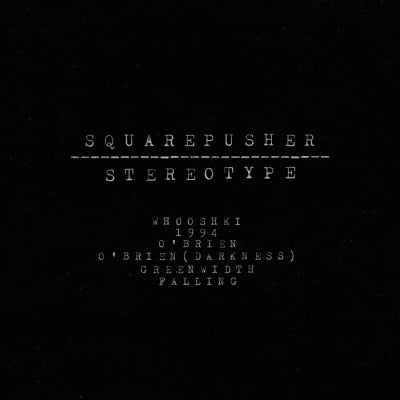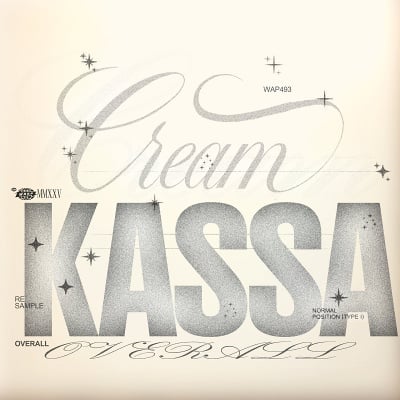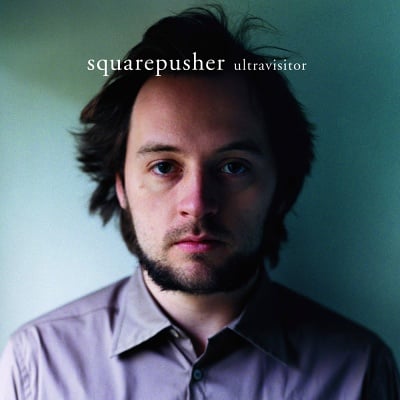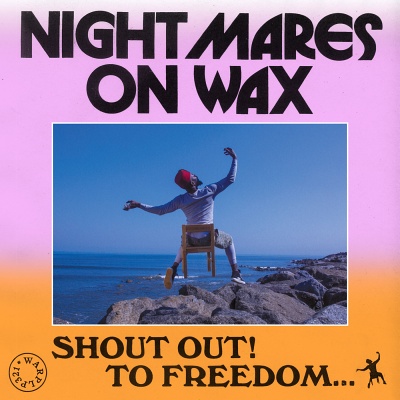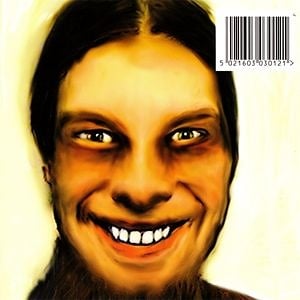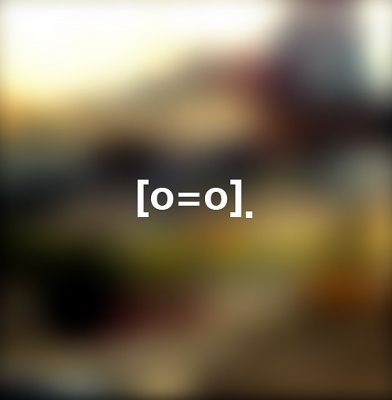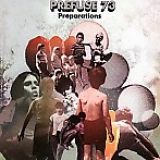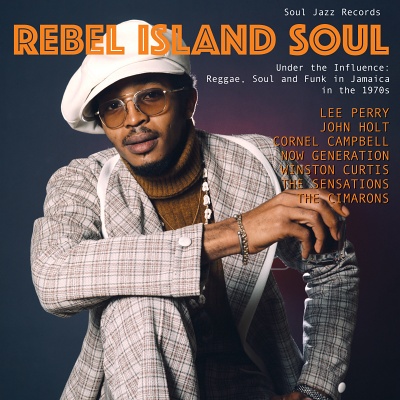
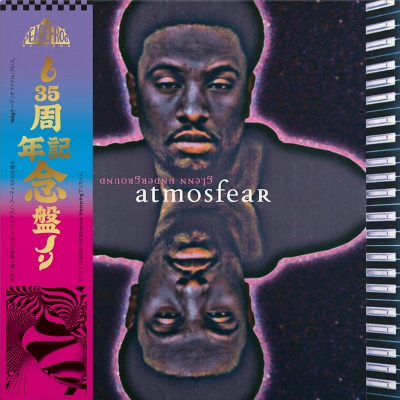
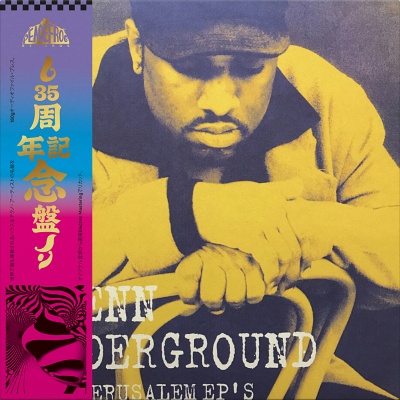
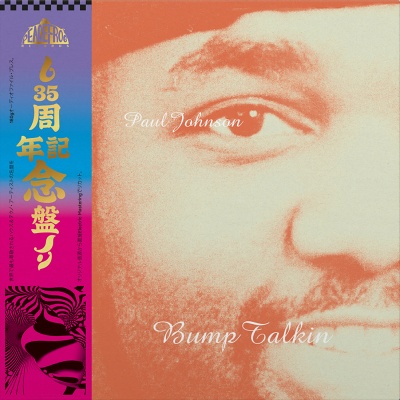
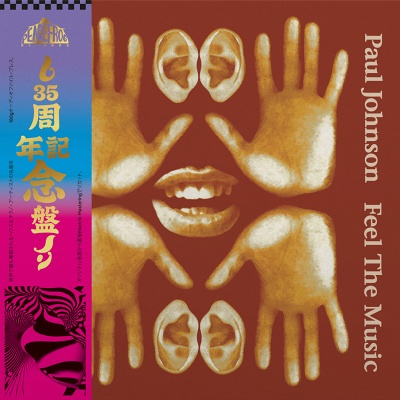
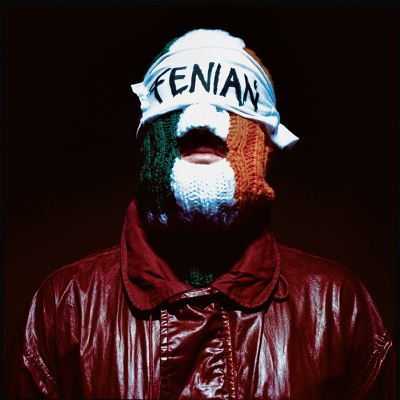

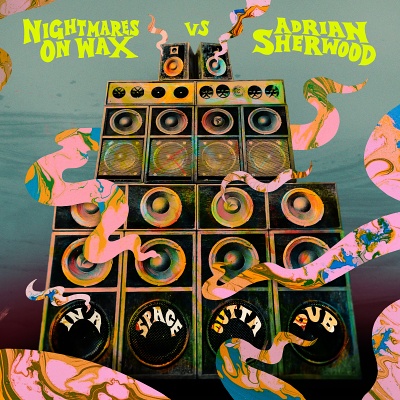
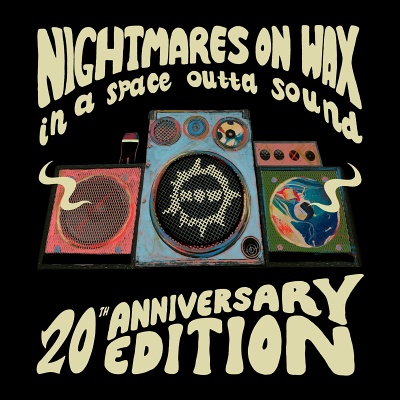






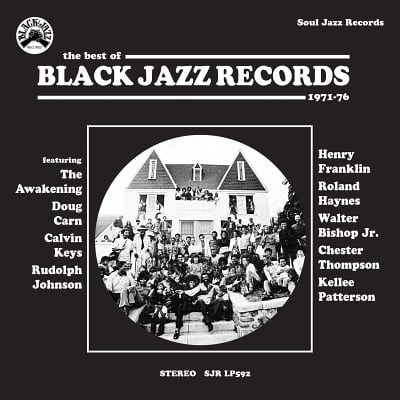
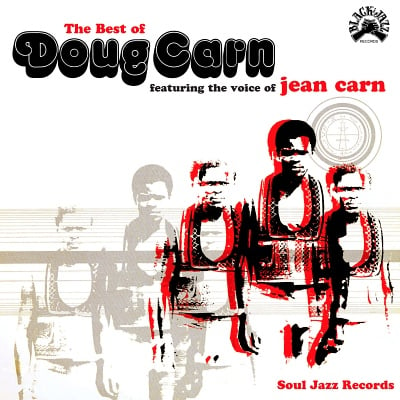

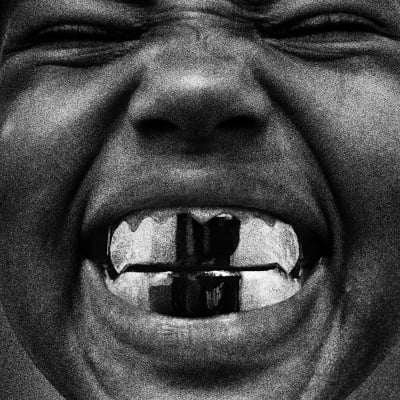
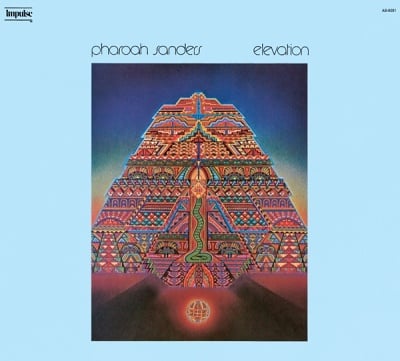


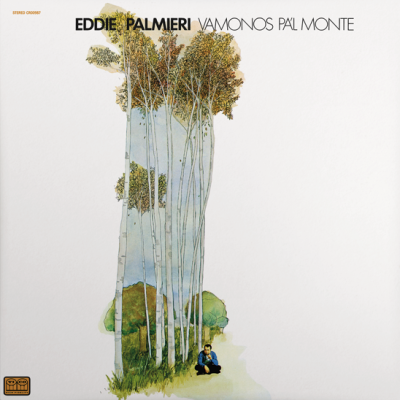

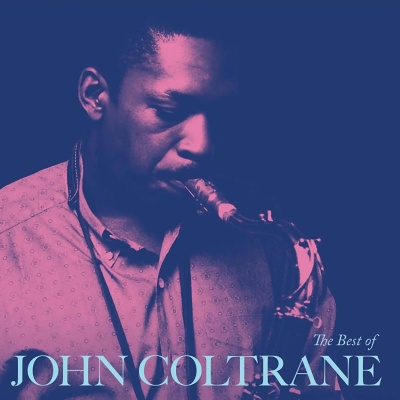


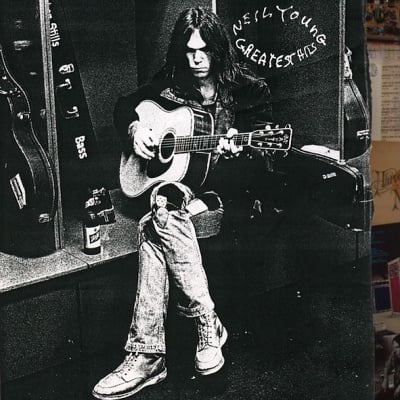

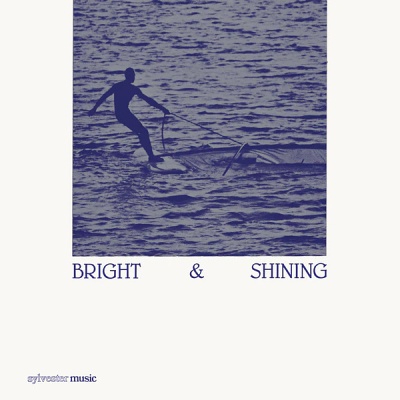
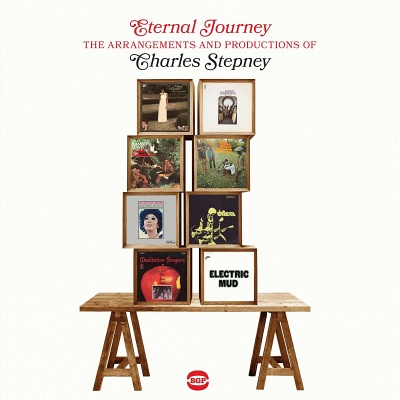

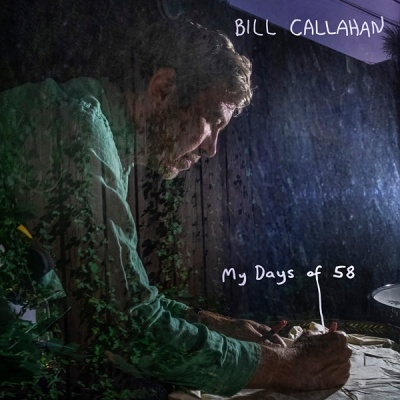



- LP WARPLP411£33.99Out of stock Notify me when in stock
- CD WARPCD411£12.99Out of stock Notify me when in stock
- 1. For Residue
- 2. Bumpy
- 3. Lifeworld
- 4. Measuring Ruins
- 5. Modern Lust
- 6. Fear of Symmetry
- 7. Vestigel
- 8. Cherry Blue
- 9. Bell Scanner
- 10. D.I.S.
- 11. Tranquilizer
- 12. Storm Show
- 13. Petro
- 14. Rodl Glide
- 15. Waterfalls
Tranquilizer isn’t the sound of sedation but resurfacing. Lopatin isn’t condemning our need for escape but, rather, exploring what happens after. The record maps a movement from weightless calm into something more grounded — not a hero’s journey, but the necessary cycle of withdrawal and return that keeps us sane in a world both overwhelming and mundane. We plummet from the watery bliss of “Lifeworld” into the mournful melancholy of “Cherry Blue” and twisted grooves of “Rodl Glide.” As always with OPN, the real collides with the unreal. Listen closely and you will hear the scrape of fingers on a fretboard, a stone sliding across a dungeon floor, the squeak of a door opening. His music has never been an abstract colour field; it has weight, edges, shadows. If R Plus Seven was all crystalline arpeggiators and Garden of Delete was a feverish upchuck of gurgling synths, Tranquilizer feels like falling out of a dream you can still touch.
- 10" 10WAP461£12.99In stockAdd to Bag
- 2×LP SQPRLP002£31.99In stockAdd to Bag
- CD SQPRCD002£15.99Out of stock Notify me when in stock
- LP WAP493£25.99Out of stock Notify me when in stock
- CD WAPCD493£14.99In stockAdd to Bag
- 2×LP WARPLP244RE£31.99In stockAdd to Bag
- 2×LP WARPLP117R£30.99In stockAdd to Bag
- – The Weather
- – House Music
- – Undercommons
- – Olde Joy
- – New Joy
- – Arms, Armor
- – Fissions for Drums, Piano and Voice
- – Love Letter Zzz
- – Half-Life
- – The Great Wedge
- – I Hear A New World
- – No! (Geiger Dub)
- – Destroyer X
- – Voyager
- – Divider
- – Challenger
- – Decades, Castle Romeo
- – Us (Tower of Love)
- 1. – The Weather
- 2. – House Music
- 3. – Undercommons
- View full info and tracklisting
- LP (Coloured Vinyl) + Download Code WARPLP359C£25.99In stockAdd to Bag
- CD WARPCD359£12.99Out of stock Notify me when in stock
- – The Dice Man - Polygon Window
- – Musicology - Telefone 529
- – Autechre - Crystal
- – I.A.O - The Clan
- – Speedy J - De-Orbit
- – Musicology - Premonition
- – UP! - Spiritual High
- – Autechre - The Egg
- – Dr Alex Paterson - Loving You Live
- 1. – The Dice Man - Polygon Window
- 2. – Musicology - Telefone 529
- 3. – Autechre - Crystal
- View full info and tracklisting
- LP + Download Code WARPLP6R£25.9930th anniversary reissue in a gatefold sleeveIn stockAdd to Bag
- – Take Stage
- – Night Pill (Ft. Asha Lorenz)
- – Facts (Ft. Amon)
- – Scrambled Tricks
- – South (Ft. Lex Amor)
- – Calo Paste (Ft. Léa Sen)
- – Slightly
- – Blame
- – Ten
- – Road Trip
- – Times
- – Broken Homes
- 1. – Take Stage
- 2. – Night Pill (Ft. Asha Lorenz)
- 3. – Facts (Ft. Amon)
- View full info and tracklisting
- New LP (Coloured Vinyl) WARPLP342I£27.00In stockAdd to Bag
- CD WARPCD342£12.99Out of stock Notify me when in stock
- Cassette Tape WARPMC342£12.99Out of stock Notify me when in stock
- – The Note (Message From Home)
- – Untitled (City In Progress)
- – Forget Every Time
- – World Backwards
- – Come On Let's Go
- – Look Outside
- – The Book Lovers
- – Lights Out
- 1. – The Note (Message From Home)
- 2. – Untitled (City In Progress)
- 3. – Forget Every Time
- View full info and tracklisting
- 2xLP + Download Code WARPLP337£23.99In stockAdd to Bag
- – Shout Out! (Intro)
- – Imagineering
- – Creator SOS
- – 3D Warrior
- – Miami 80
- – GTP Call
- – Wikid Satellites
- – Breathe In
- – To Freedom (Interlude)
- – Wonder
- 1. – Shout Out! (Intro)
- 2. – Imagineering
- 3. – Creator SOS
- View full info and tracklisting
- 2xLP (Coloured Vinyl) + Download Code WARPLP321B£30.99Limited blue vinyl editionOut of stock Notify me when in stock
- CD WARPCD321£12.00In stockAdd to Bag
- 10" 10WAP461£12.99In stockAdd to Bag
- – Acrid Avid Jam Shred
- – The Waxen Pith
- – Wax The Nip
- – Icct Hedral (Edit)
- – Ventolin (Video Version)
- – Come On You Slags!
- – Start As You Mean To Go On
- – Wet Tip Hen Ax
- – Mookid
- – Alberto Balsalm
- – Cow Cud Is A Twin
- – Next Heap With
- 1. – Acrid Avid Jam Shred
- 2. – The Waxen Pith
- 3. – Wax The Nip
- View full info and tracklisting
- LP WARPLP30£23.99In stockAdd to Bag
- CD WARPCD030£12.99Out of stock Notify me when in stock
- New LP WARPLP43£23.99In stockAdd to Bag
- LP 0801061004316£33.99In stockAdd to Bag
- CD WARPCD043£12.99Out of stock Notify me when in stock
- – Klee
- – Bashful
- – Honey
- – lgoyh
- 1. – Klee
- 2. – Bashful
- 3. – Honey
- View full info and tracklisting
- LP WAP331£15.99In stockAdd to Bag
- CD WAP331CD£6.99Out of stock Notify me when in stock
- – Beaten Thursdays
- – The Class of 73 Bells
- – Smoking Red
- – Noreaster Cheer
- – Pomade Suite Version One
- – For Her Non Place
- – Spacious and Dissonant Part 2
- – Pitu
- – Over Ensembles
- – Out We Will Go
- 2. – Beaten Thursdays
- 4. – The Class of 73 Bells
- 6. – Smoking Red
- View full info and tracklisting
- CD warpcd158£12.99In stockAdd to Bag
- John Holt – You’ll Never Find Another Love Like Mine
- Cornell Campbell – Be Thankful
- Elizabeth Archer & The Equators – Feel Like Making Love
- The Chosen Few – People Make The World Go Round
- Dave & Ansel Collins – Single Barrel
- The Now Generation – Shaft
- The Marvels – Some Day We’ll Be Together
- The Darker Shades Of Black – War
- Winston Curtis – Private Number
- Lee Perry & The Upsetters – Bathroom Skank
- Slim Smith – Watch This Sound
- Winston Francis – Sitting In The Park
- The Sensations – If I Don’t Watch Out
- Carl Bert & The Cimarons – Slipping Into Darkness
- The Darker Shades Of Black – Ball Of Confusion
- Jah Youth – Ain’t No Sunshine
- 1. John Holt – You’ll Never Find Another Love Like Mine
- 2. Cornell Campbell – Be Thankful
- 3. Elizabeth Archer & The Equators – Feel Like Making Love
- View full info and tracklisting
- – Israelee Night Falls
- – Entercourse Of The New Age
- – Rising Son
- – May Datroit
- – Colouration
- – Dance Slam
- – Sound Struck
- – Sound Struck
- 1. – Israelee Night Falls
- 2. – Entercourse Of The New Age
- 3. – Rising Son
- View full info and tracklisting
- New 2×LP (Coloured Vinyl) PF43XXXV£36.99'Smokey' coloured vinyl.Expected 01 MayPreorder
- – Black Slaves = Israel
- – Sun, Moon & 12 Stars (Guess Who Mix)
- – Keep The Hidden Treasures (Tech-No Jaz Mix)
- – Servants Jaz House
- – H-Dance
- – Negro Cry
- – To The King O.I
- – There Is A Time
- – Trance O Israel
- – There Is A Time
- 1. – Black Slaves = Israel
- 2. – Sun, Moon & 12 Stars (Guess Who Mix)
- 3. – Keep The Hidden Treasures (Tech-No Jaz Mix)
- View full info and tracklisting
- New 2×LP (Coloured Vinyl) PF66XXXV£36.99'Smokey' coloured vinyl.Expected 01 MayPreorder
- – Hour Glass Figure
- – Fantasise
- – 4 The World
- – Time Of Love
- – Caught Up In Your Love
- – Bump Talkin
- – Bouncing Bed Springs
- – Autobahn Cruise
- – Tenacious
- 1. – Hour Glass Figure
- 2. – Fantasise
- 3. – 4 The World
- View full info and tracklisting
- New 2×LP (Coloured Vinyl) PF41XXXV£36.99'Smokey' coloured vinyl.Expected 24 AprPreorder
- – Relax With Me
- – A Little Suntin Suntin
- – You Make Me Say Do Be Do
- – Hear The Music
- – About Your Love
- – Summer Heat
- – I Wonder Why
- – The Groove
- 1. – Relax With Me
- 2. – A Little Suntin Suntin
- 3. – You Make Me Say Do Be Do
- View full info and tracklisting
- New 2×LP (Coloured Vinyl) PF56XXXV£36.99'Smokey' coloured vinyl.Expected 24 AprPreorder
- – Dippin' In The Bag
- – Southern Exposure
- – Preach Brother
- – Hootin' 'N Tootin'
- – Easin' On Down
- – That's Where It's At
- – Way Down Home
- 1. – Dippin' In The Bag
- 2. – Southern Exposure
- 3. – Preach Brother
- View full info and tracklisting
- LP 5842277£36.99Part of Blue Note's 'Tone Poet' series.Expected 03 AprPreorder
- 3×LP Box Set WARPLP133RX£108.99• 'Glow-In-The-Dark' vinyl.
• 'Neon Yellow' vinyl.
• Housed in printed 2 piece rigid box with 2 printed inserts.Expected 03 AprPreorder
- – Mother Ship
- – Street Scene
- – Visions
- – Trip Merchant
- – Love Drops
- 1. – Mother Ship
- 2. – Street Scene
- 3. – Visions
- View full info and tracklisting
- LP 5864870£36.99Part of Blue Note's 'Tone Poet' series.Expected 03 AprPreorder
- LP 7273837£36.99Expected 03 AprPreorder
- – Oby Onyioha - Raid Dem Jah
- – Alphonsus Idigo - Mystic World
- – Sheila & Des Majek - Mother Nature
- 6. – Oby Onyioha - Raid Dem Jah
- 10. – Alphonsus Idigo - Mystic World
- 11. – Sheila & Des Majek - Mother Nature
- View full info and tracklisting
- 2×LP LPSNDW162£28.99Expected 27 MarPreorder
- – Sambalero
- – So Dance Samba
- – Insensatez
- – O Morro Nao Tem Vez
- – Samba De Duas Notas (Two Note Samba)
- – Menina Flor
- – Mania De Maria
- – Saudade Vem Correndo
- – Um Abraco No Getz (A Tribute To Getz)
- – Ebony Samba
- 1. – Sambalero
- 2. – So Dance Samba
- 3. – Insensatez
- View full info and tracklisting
- LP 8820214£36.99Part of Verve’s ‘Acoustic Sounds’ series.Expected 27 MarPreorder
- – Lack of Love
- – BB
- – Andata
- – Solitude
- – For Jóhann
- – Aubade 2020
- – Ichimei - Small Happiness
- – Mizu No Naka No Bagatelle
- – Bibo No Aozora
- – Aqua
- – Tong Poo
- – The Wuthering Heights
- – 20220302 - Sarabande
- – The Sheltering Sky
- – 20180219 (w/ Prepared Piano)
- – The Last Emperor
- – Trioon
- – Happy End
- – Merry Christmas Mr. Lawrence
- – Opus - Ending
- 1. – Lack of Love
- 2. – BB
- 3. – Andata
- View full info and tracklisting
- – You Make Me Feel So Young
- – It Happened In Monterey
- – You're Getting To Be A Habit With Me
- – You Brought A New Kind Of Love To Me
- – Too Marvelous For Words
- – Old Devil Moon
- – Pennies From Heaven
- – Love Is Here To Stay
- – I've Got You Under My Skin
- – I Thought About You
- – We'll Be Together Again
- – Makin' Whoopee
- – Swingin' Down The Lane
- – Anything Goes
- – How About You?
- 1. – You Make Me Feel So Young
- 2. – It Happened In Monterey
- 3. – You're Getting To Be A Habit With Me
- View full info and tracklisting
- LP 7894910£36.99Part of Blue Note's 'Tone Poet' series.Expected 27 MarPreorder
- The Awakening – Mode For D.D.
- Doug Carn – Higher Ground
- Calvin Keys – Aunt Lovey
- Roland Haynes – Eglise
- The Awakening – Slinky
- Walter Bishop Jr. – Coral Keys
- Rudolph Johnson – Diswa
- Henry Franklin – Blue Lights
- Kellee Patterson – Maiden Voyage
- Chester Thompson – Power House
- The Awakening – March On
- Walter Bishop Jr. – Soul Village
- Rudolph Johnson – The Highest Pleasure
- 1. The Awakening – Mode For D.D.
- 2. Doug Carn – Higher Ground
- 3. Calvin Keys – Aunt Lovey
- View full info and tracklisting
- Doug Carn – Little B's Poem
- Doug Carn – Power and Glory
- Doug Carn – Revelation
- Doug Carn – Chant
- Doug Carn – Western Sunrise
- Doug Carn – The Messenger
- Doug Carn – Naima
- Doug Carn – Mighty Mighty
- Doug Carn – Higher Ground
- Doug Carn – Fatherhood
- Doug Carn – Trance Dance
- Doug Carn – Acknowledgement
- Doug Carn – Sweet Season
- Doug Carn – Jihad
- 1. Doug Carn – Little B's Poem
- 2. Doug Carn – Power and Glory
- 3. Doug Carn – Revelation
- View full info and tracklisting
- – Love Theme From "The Sandpiper" (The Shadow Of Your Smile)
- – (Take Me To) Aruanda
- – Manha De Carnaval
- – Fly Me To The Moon
- – The Gentle Rain
- – Non-Stop To Brazil
- – O Ganso
- – Who Can I Turn To
- – Day By Day
- – Tristeza
- – Funny World (Theme From "Malamondo")
- 1. – Love Theme From "The Sandpiper" (The Shadow Of Your Smile)
- 2. – (Take Me To) Aruanda
- 3. – Manha De Carnaval
- View full info and tracklisting
- LP 8816334£36.99Part of Verve’s ‘Acoustic Sounds’ series.Expected 27 MarPreorder
- LP 7898487£27.99Part of Verve’s ‘Vault’ series.Expected 20 MarPreorder
- – Late Night Prelude
- – Late Night Feelings (feat Lykke Li)
- – Find U Again (feat Camila Cabello)
- – Pieces Of Us (feat King Princess)
- – Knock Knock Knock (feat YEBBA)
- – Don't Leave Me Lonely (feat YEBBA)
- – When U Went Away (feat YEBBA)
- – Truth (feat Alicia Keys & The Last Artful, Dodgr)
- – Nothing Breaks Like A Heart (feat Miley Cyrus)
- – True Blue (feat Angel Olsen)
- – Why Hide (feat Diana Gordon)
- – 2 AM (feat Lykke Li)
- – Spinning (feat Ilsey)
- 1. – Late Night Prelude
- 2. – Late Night Feelings (feat Lykke Li)
- 3. – Find U Again (feat Camila Cabello)
- View full info and tracklisting
- 2×LP 19802946251£29.99Expected 20 MarPreorder
- LP 7898486£27.99Part of Verve’s ‘Vault’ series.Expected 20 MarPreorder
- LP 7273978£31.99Expected 20 MarPreorder
- – Firestarter
- – Firestarter (Empirion Mix)
- – Firestarter (Andy C Remix)
- – Firestarter (Instrumental)
- 1. – Firestarter
- 2. – Firestarter (Empirion Mix)
- 3. – Firestarter (Andy C Remix)
- View full info and tracklisting
- 12" XL1644T£15.99Expected 13 MarPreorder
- LP CR00932£27.99Expected 13 MarPreorder
- – Roast Fish & Stout
- – Raw Meat
- – White Whale
- – Cold Crusher
- – 11-9-0
- – Dub Them Roots Man
- – Murderer
- – Run For Cover
- – Dub Me Right
- – Corn Meal Porridge
- 1. – Roast Fish & Stout
- 2. – Raw Meat
- 3. – White Whale
- View full info and tracklisting
- LP JD006£27.00Expected 12 MarPreorder
- 12" (Coloured Vinyl) BF157£21.99• Strictly Limited screen-printed 'blue' 140g vinyl housed in a 3mm spined sleeve.
• 12x12” sticker sheet.Expected 06 MarPreorder
- – Down By The River
- – Cowgirl In The Sand
- – Cinnamon Girl
- – Helpless
- – After The Gold Rush
- – Only Love Can Break Your Heart
- – Southern Man
- – Ohio
- – The Needle And The Damage Done
- – Old Man
- – Heart Of Gold
- – Like A Hurricane
- – Comes A Time
- – Hey Hey My My (Into The Black)
- – Rockin In The Free World
- – Harvest Moon
- 1. – Down By The River
- 2. – Cowgirl In The Sand
- 3. – Cinnamon Girl
- View full info and tracklisting
- 2×LP 93624826293£52.99Expected 06 MarPreorder
- – A Future Untold
- – Marwa The Mountain
- 1. – A Future Untold
- 8. – Marwa The Mountain
- View full info and tracklisting
- – Bright & Shining
- – Fly Me High
- – Affluence
- – Going On Holiday
- – Alto Sex
- – Stay With Me
- – Feel Fine
- – Canon
- – Smooth & Soft
- – Real Thing
- – Voice Over Sax
- – Feeling Free
- 1. – Bright & Shining
- 2. – Fly Me High
- 3. – Affluence
- View full info and tracklisting
- LP BEWITH182LP£26.99Expected 27 FebPreorder
- – Ramsey Lewis - Dear Prudence
- – Minnie Riperton - Les Fleur
- – The Dells - It's All Up To You
- – Billy Stewart - By The Time I Get To Phoenix
- – Meditation Singers - Stand Up And Be Counted
- – The New Rotary Connection - Love Has Fallen On Me
- – Terry Callier - What Color Is Love
- – Marlena Shaw - Brother Where Are You
- – Little Milton - More And More
- – Ramsey Lewis - Eternal Journey
- – Marlena Shaw - California Soul
- – Terry Callier - Can't Catch The Trane
- – The Dells - The Love We Had (Stays On My Mind)
- – Rotary Connection - Teach Me How To Fly
- – Phil Upchurch - More And More
- – Bo Diddley - I'm High Again
- – Muddy Waters - Let's Spend The Night Together
- – Howlin' Wolf - Smokestack Lightning (1969 version)
- – Junior Wells - Girl You Lit My Fire
- – Buddy Guy - I'm Gonna Keep It To Myself
- 1. – Ramsey Lewis - Dear Prudence
- 2. – Minnie Riperton - Les Fleur
- 3. – The Dells - It's All Up To You
- View full info and tracklisting
- – Equinox
- – Motherless Child
- – The Creator Has A Master Plan
- – Herbert Baker Medley
- – Horace Spoken Outro
- 1. – Equinox
- 2. – Motherless Child
- 3. – The Creator Has A Master Plan
- View full info and tracklisting
- LP VLG12LP£29.99Expected 27 FebPreorder
- – Search For The Inner Self
- – Precious Is My Love
- – A Heart In Love
- – The Flower Garden
- – It's Bigger Than I
- – Strawberries Don't Know Cherries
- – We Got Love
- – The Season Of Spring
- – To Love Somebody
- – Only An Illusion
- 1. – Search For The Inner Self
- 2. – Precious Is My Love
- 3. – A Heart In Love
- View full info and tracklisting
- The Gladiators – Bongo Red
- The Gladiators – Bongo Red Version
- 1. The Gladiators – Bongo Red
- 2. The Gladiators – Bongo Red Version
- View full info and tracklisting
- 7" SJR581-7£13.00Expected 20 FebPreorder
